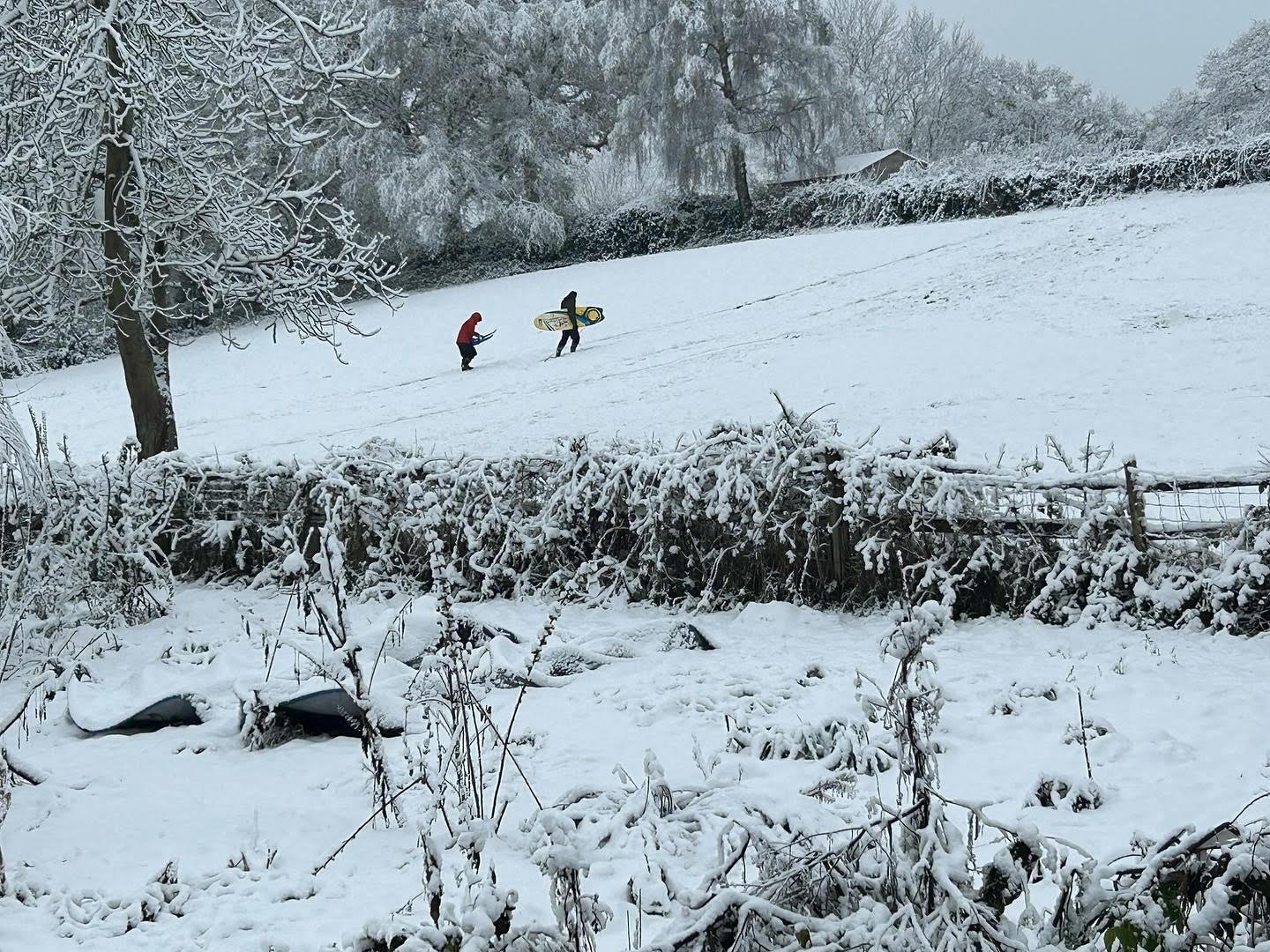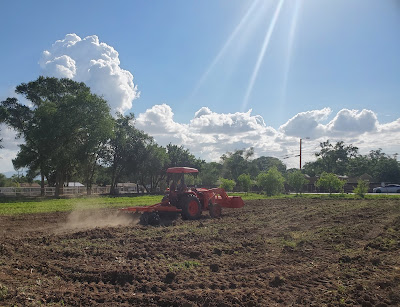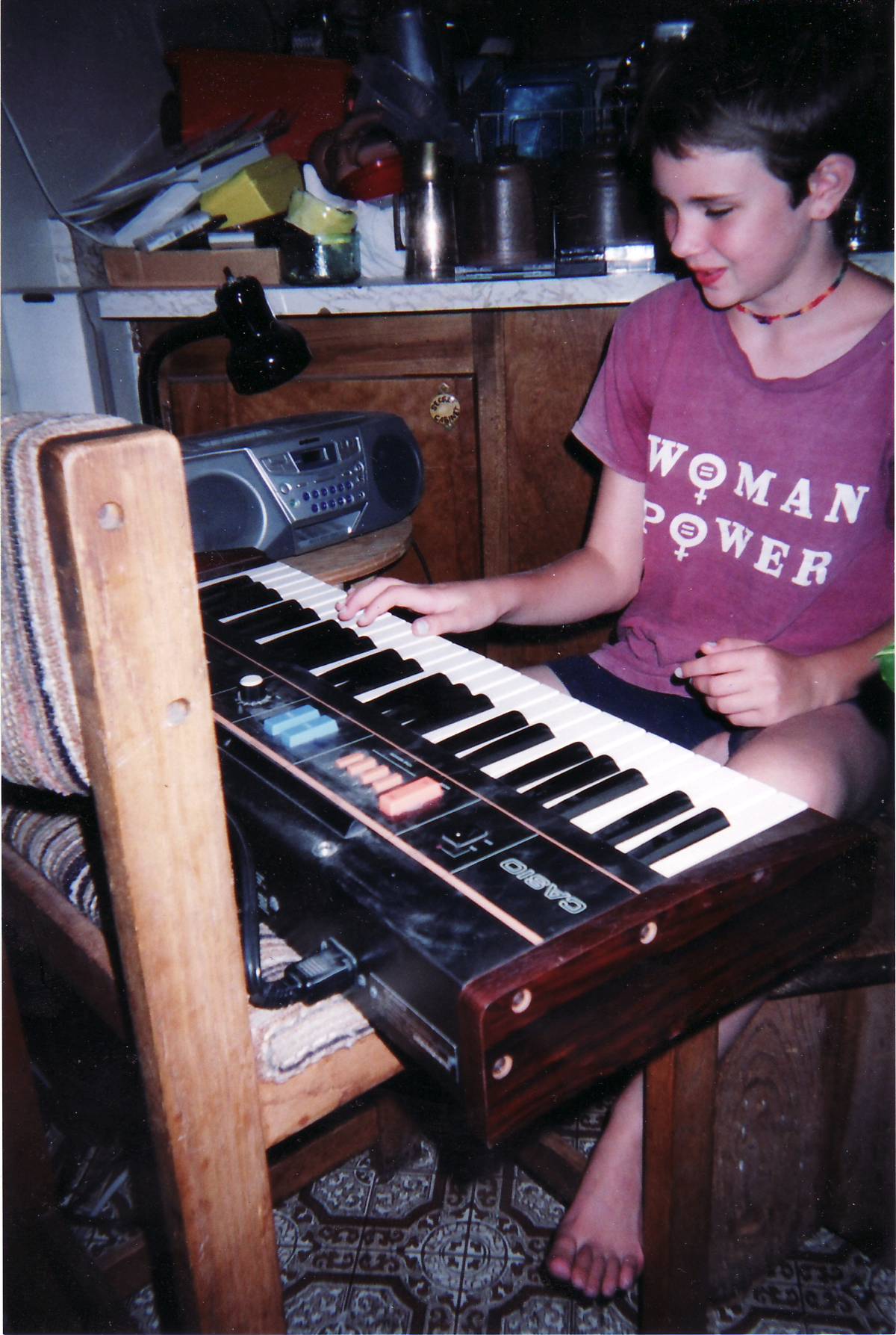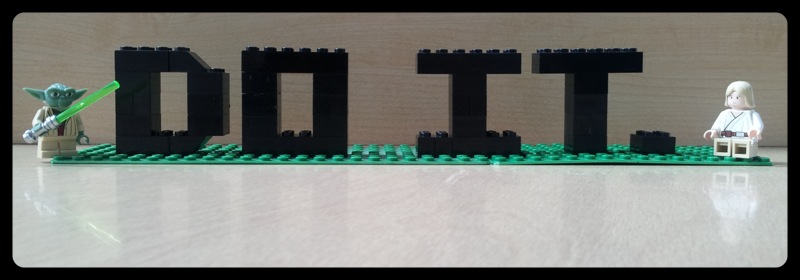
Deb Lewis wrote:
When you have snow, or can get to snow, snowshoeing is wonderful because you don't need any special skills to strap on the shoes and go have fun. Rental isn't expensive and most places offer group rates if you ever get together with others for the day. We went snowshoeing on Christmas day... Wonderful!
Don't be afraid to tell rental places you're looking for the best price. Tell them you're homeschoolers, ask for a discount. You'll be surprised how well it works.
—Deb Lewis
Sandra, adding...
I LOVE ideas and advice that are regional and seasonal. Deb lives in Montana. It will be summer soon, there.
Other unschoolers might live where there are ZERO snowshoe rentals, ever. But what else might they have that Montana doesn't?
Frolic in thoughts and ideas, and maybe in snowshoes.
photo by Janine Davies


















